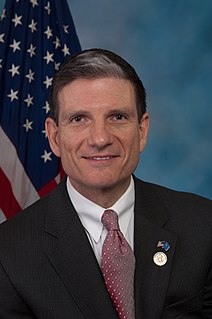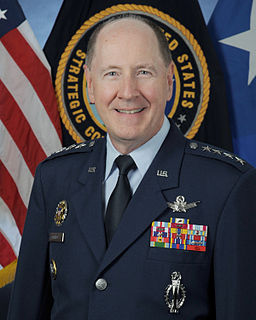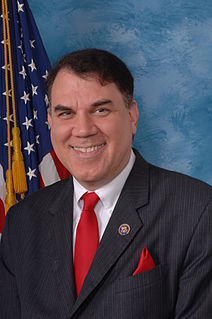A Quote by Jack Keane
Related Quotes
In 1977, when I started my first job at the Federal Reserve Board as a staff economist in the Division of International Finance, it was an article of faith in central banking that secrecy about monetary policy decisions was the best policy: Central banks, as a rule, did not discuss these decisions, let alone their future policy intentions.
The military has a huge role in the economy [of Pakistan] with big stakes and, as you say, it has constantly intervened to make sure that it keeps its hold on policy making. Well, I hope, and there seem to be some signs, that the military is taking a backseat, not really in the economy, but in some of the policy issues. If that can continue, which perhaps it will, this will be a positive development.


































